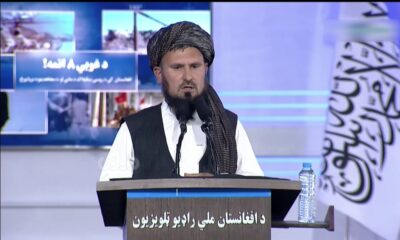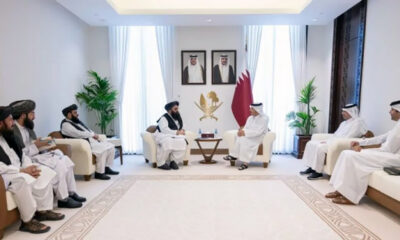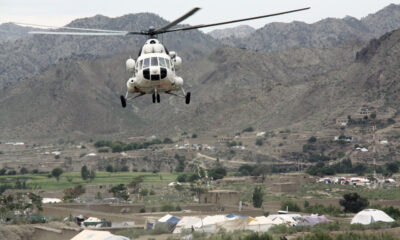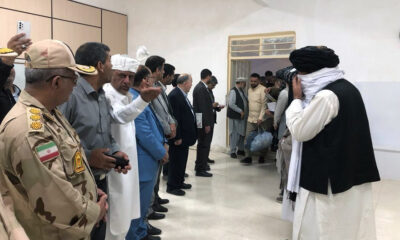Latest News
Watchdog says now is not the time for donor countries to cut back on funding
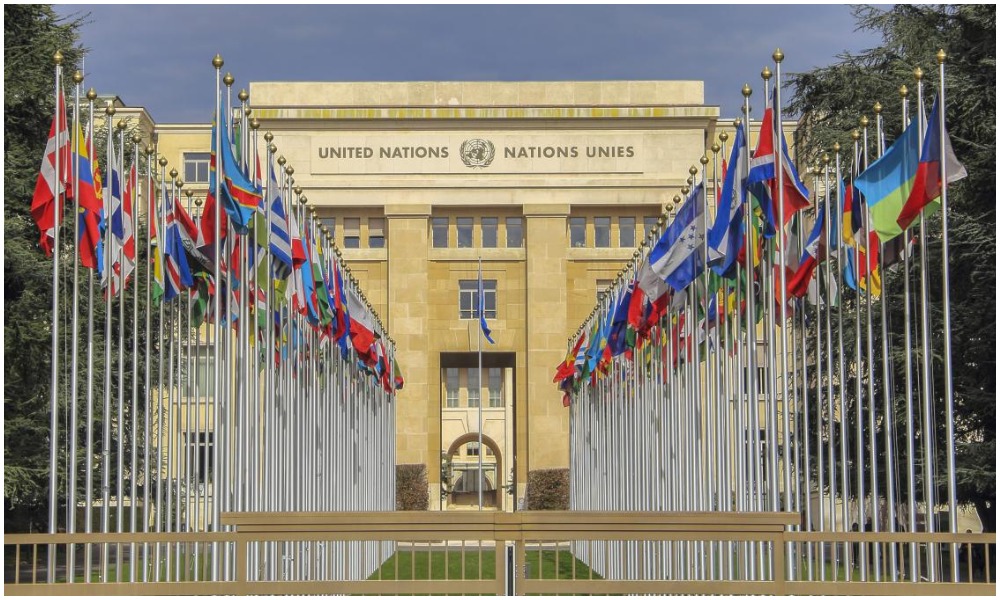
Amnesty International on Wednesday called on the international community to remain “fully committed to protecting and building” on Afghanistan’s fragile human rights gains and to not cut back on funding.
In a statement ahead of this month’s donor conference in Geneva, Amnesty International said Afghanistan is at a critical juncture and that now is not the time for donor countries to cut back on funding.
The Geneva Quadrennial Pledging Conference on Afghanistan, a major donor conference where countries will pledge funding for 2021 through to 2024 will take place on 23-24 November.
The conference will be attended by representatives of more than 70 countries, international organizations and agencies. The conference will also set development objectives as well as secure funding commitments for Afghanistan.
Omar Waraich, Head of South Asia at Amnesty International said: “Afghanistan is at a critical moment. Even as there is talk of peace, violence continues to surge, claiming hundreds of civilian lives, the protection of human rights is nowhere on the political agenda, and COVID-19 continues to run rampant in a country with one of the weakest health systems in the world,” he said.
“International funding has been crucial to the limited but important progress we have witnessed on human rights in Afghanistan over the past two decades, but much more remains to be done. To ensure that these advances are not reversed, the Geneva Conference must maintain a focus on human rights objectives.”
“For its part, the Afghan government must demonstrate its ongoing commitment to defending human rights, safeguarding freedom of expression, and protecting minority groups,” Waraich stated.
As such, Amnesty International has called on participants at the Geneva Conference to set objectives and commit funding to key areas including the rights of women and girls, conflict and civilian casualties, internally displaced people, human rights defenders, and access to justice.
The organization stated that the situation for women and girls in Afghanistan has vastly improved compared to under the Taliban regime. There are now 3.3 million girls in education and women are politically, economically and socially engaged. However, there remain major obstacles and challenges.
Violence against women is rife, the participation of women at all levels of government remains limited and, according to UNICEF, 2.2 million Afghan girls still do not attend school. Meanwhile, two decades of progress on women’s rights are at risk of being compromised through the peace talks.
“The Afghan government and donor partners must build on the hard-won gains made by Afghan women over the past two decades by making clear commitments to support programs to eradicate violence against women, strengthen women’s participation at all levels of government and increase girls’ access to education across the country,” said Waraich.
Conflict and civilian casualties was also a key area of concern and Amnesty International stated that the Geneva Conference is a key moment to reassert the central role that human rights must have in a future Afghanistan.
Waraich said: “Afghan civilians are paying a heavy price in this bloody conflict. The Geneva Conference participants must ensure that the protection of civilians and respect for international humanitarian law is at the centre of the ongoing peace negotiations.”
“The conference should also emphasize that there must be accountability for serious violations of human rights and humanitarian law committed by all sides in the conflict.”
The COVID-19 pandemic is yet another area of serious concern, especially regarding the high number of internally displaced people (IDPs) in Afghanistan – IDPs who are living in densely populated camps with limited access to clean water, healthcare, sanitation and employment.
As pointed out by the organization, social distancing is impossible in the camps and the situation of IDPs has worsened since the COVID-19 pandemic hit Afghanistan.
In line with this Amnesty International also called on participants at the Geneva Conference to set objectives and make funding commitments to alleviate the plight of IDPs, through the provision of safe habitation and equal access to basic services.
Human rights was also a key concern and according to the organization activists are still risking their lives by speaking out.
“The Geneva Conference must push the Afghan government to deliver on its pledge [to safeguard human rights] and make a funding commitment to help roll out the mechanism across the country,” Waraich.
On the issue of access to justice, the organization stated that despite millions of dollars having been spent on improving access to justice for people in Afghanistan, the judiciary and legal system remains weak and unresponsive and perpetrators frequently go unpunished and their crimes uninvestigated.
“The Geneva Conference is a key moment to reassert the central role that human rights must have in a future Afghanistan. To achieve this, it must commit to credible and measurable benchmarks to monitor human rights progress and, crucially, make clear to all parties to the peace talks that human rights are non-negotiable,” said Waraich.
Latest News
Civil war devastated Afghans more than the Soviet invasion, says Fitrat
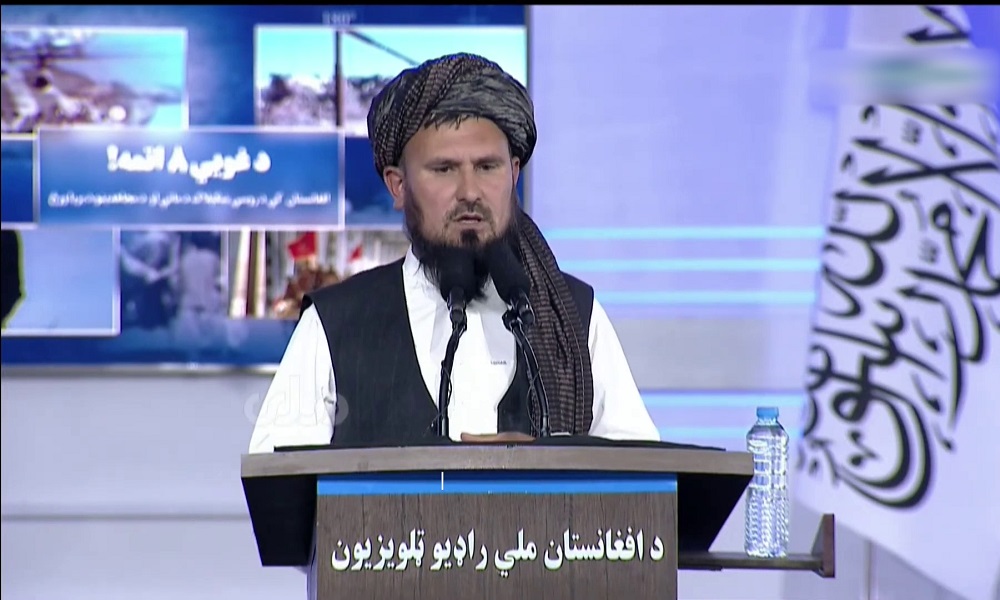
The civil war inflicted greater harm on the people of Afghanistan than the Soviet invasion, Fasihuddin Fitrat, Chief of the Army Staff of the Islamic Emirate, said on Monday
“The Soviet Red Army invasion did not make the Afghan people as miserable as the civil wars and power struggles made,” he said at a ceremony marking the 33rd anniversary of the mujahideen’s victory against the former Soviet-backed regime.
Fitrat warned that if someone is thinking of occupying Afghanistan using those who have fled the country, the Afghan people are ready to fight against them even if takes thousands of years.
“No matter how they impose war on the people of Afghanistan, the people have the courage and heroism,” he said. “Their honor will never allow them to be controlled by someone else. They will fight against them. They have fought for four and a half decades and are ready to fight for thousands more. If anyone thinks of occupying our country, they will fight against them.”
Acting Minister of Borders and Tribal Affairs, Alhaji Mullah Noorullah Noori also stressed that Afghanistan will soon will compete with other countries in political, economic and security sectors.
“The day will come when Afghanistan will compete with the world’s major countries in every field, politically, economically, security,” he said.
Acting Minister of Information and Culture Khairullah Khairkhwa called on the officials of the Islamic Emirate to refrain from “power worship,” warning that it would lead to the collapse of the government.
“If, God forbid, we revive the past and there is power worship here again and we try to increase our influence, the regime will collapse and the people will become divided,” he said.
At the ceremony, the Chief of Staff of Army also stressed the dignified return of refugees from neighboring countries, adding that humiliating them is unacceptable for the Islamic Emirate.
Latest News
Qatar’s Prime Minister meets with Afghanistan’s foreign minister
According to Gulf Times, the two officials reviewed the latest developments in Afghanistan and discussed ways to support the Afghan people.
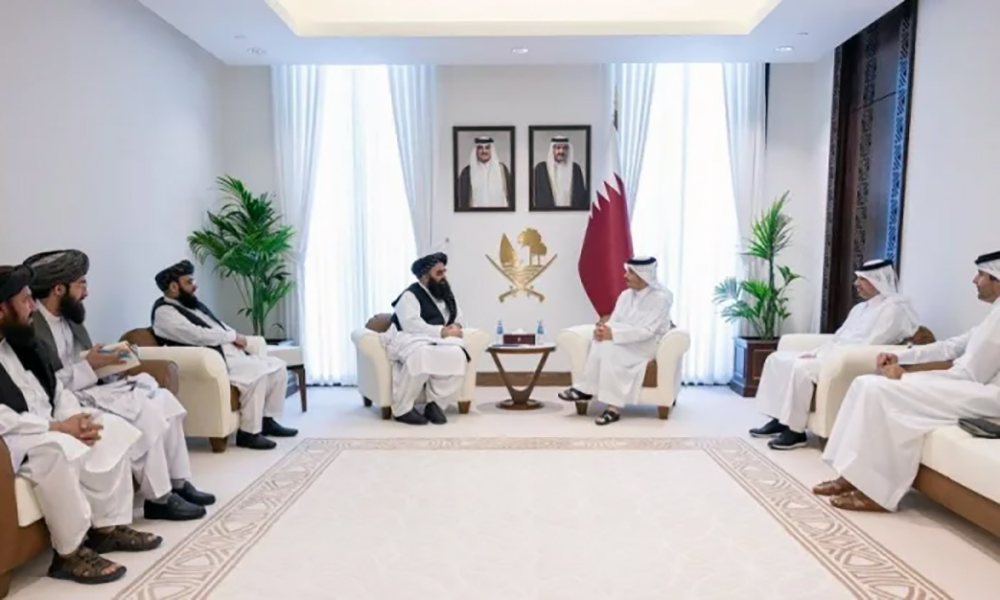
Qatar’s Prime Minister and Minister of Foreign Affairs Sheikh Mohammed bin Abdulrahman bin Jassim Al-Thani met with Afghanistan’s Acting Minister of Foreign Affairs Amir Khan Muttaqi who is currently visiting the country.
According to Gulf Times, the two officials reviewed the latest developments in Afghanistan and discussed ways to support the Afghan people.
Al-Thani emphasized the State of Qatar’s unwavering support for all segments of the Afghan people and its continued efforts to achieve security, stability, prosperity, and a dignified life in Afghanistan.
A source told Ariana News that Muttaqi arrived in Qatar on Sunday. No further details on his trip were given.
Latest News
WFP air services in Afghanistan may be suspended due to funding crisis
According to WFP, the organization urgently needs $10.5 million in funding to continue its relief flights in 2025.
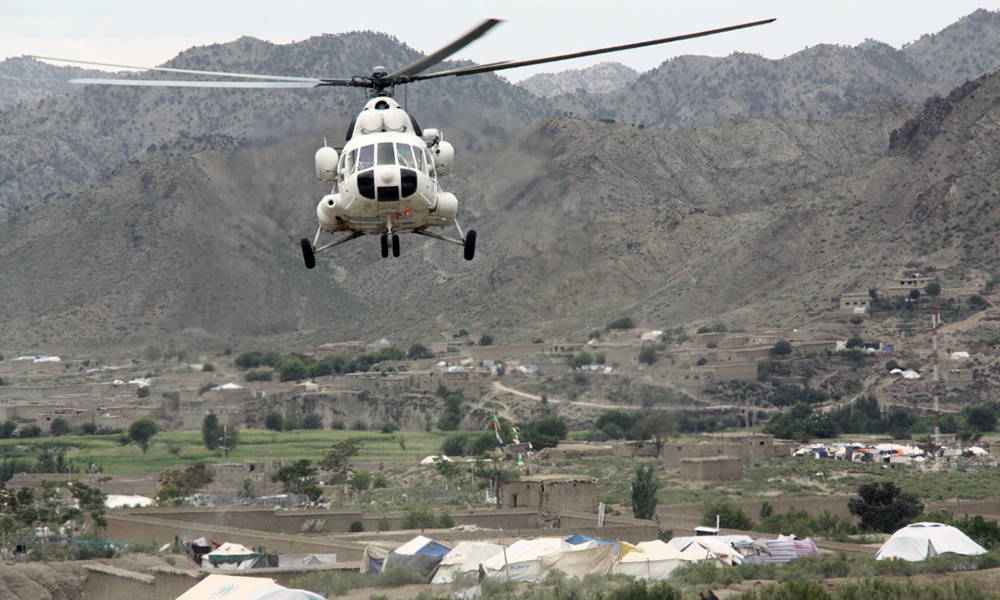
The UN’s World Food Program (WFP) in Afghanistan has announced the possible suspension of its air services in the country due to a severe shortage of funding.
WFP is one of the largest humanitarian organizations in Afghanistan and the air services have played a vital role in transporting humanitarian aid, especially to areas difficult to reach by land.
In a message posted on X, the WFP explained that in the past, when roads were blocked, air services were the only way to deliver aid to remote areas of Afghanistan. This aid included food, medicine, and other essential items that are essential for the survival of millions of people in need in Afghanistan.
According to WFP, the organization urgently needs $10.5 million in funding to continue its relief flights in 2025.
In addition, the WFP stated that humanitarian needs in Afghanistan continue to increase and millions of people across the country are dependent on humanitarian assistance.
WFP stated that if air services are stopped, it will become very difficult, if not impossible, to deliver vital aid to areas that are not accessible by road.
-

 Latest News5 days ago
Latest News5 days agoAWCC activates new site in Nangarhar’s Kuz Kunar district
-

 Latest News4 days ago
Latest News4 days agoTarig Ali Bakheet and Japan’s Deputy Foreign Minister discuss Afghanistan’s situation
-

 Business4 days ago
Business4 days agoPakistan’s deputy PM discusses Trans-Afghan Railway Line project with Uzbek FM
-
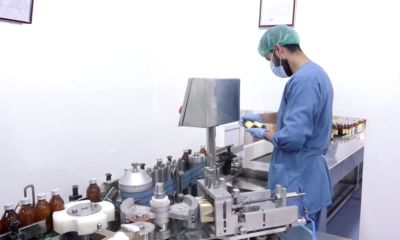
 Latest News3 days ago
Latest News3 days agoAfghanistan’s medicine output reaches 900 types: Pharma Union
-

 Latest News4 days ago
Latest News4 days agoAfghan delegation to participate in Iran’s international expo
-

 Latest News4 days ago
Latest News4 days agoWFP appeals for $25 million to help support Afghan returnees amid humanitarian crisis
-
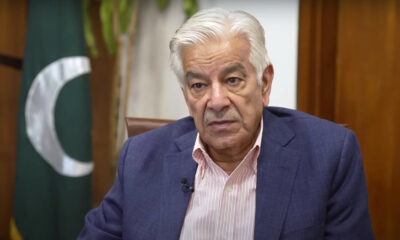
 Latest News3 days ago
Latest News3 days agoTerrorist attacks in Pakistan originate from Afghanistan: Khawaja Asif
-
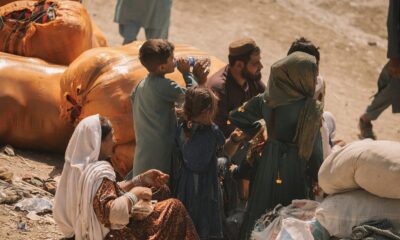
 Latest News4 days ago
Latest News4 days agoRegistered Afghan refugees must return by June 30 or face deportation: Pakistani official


